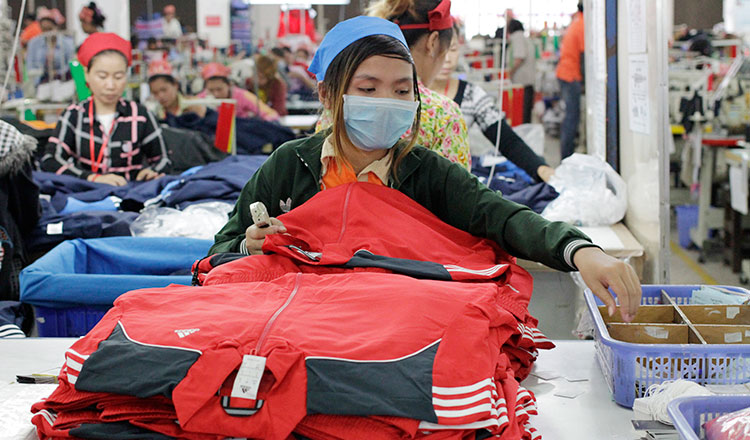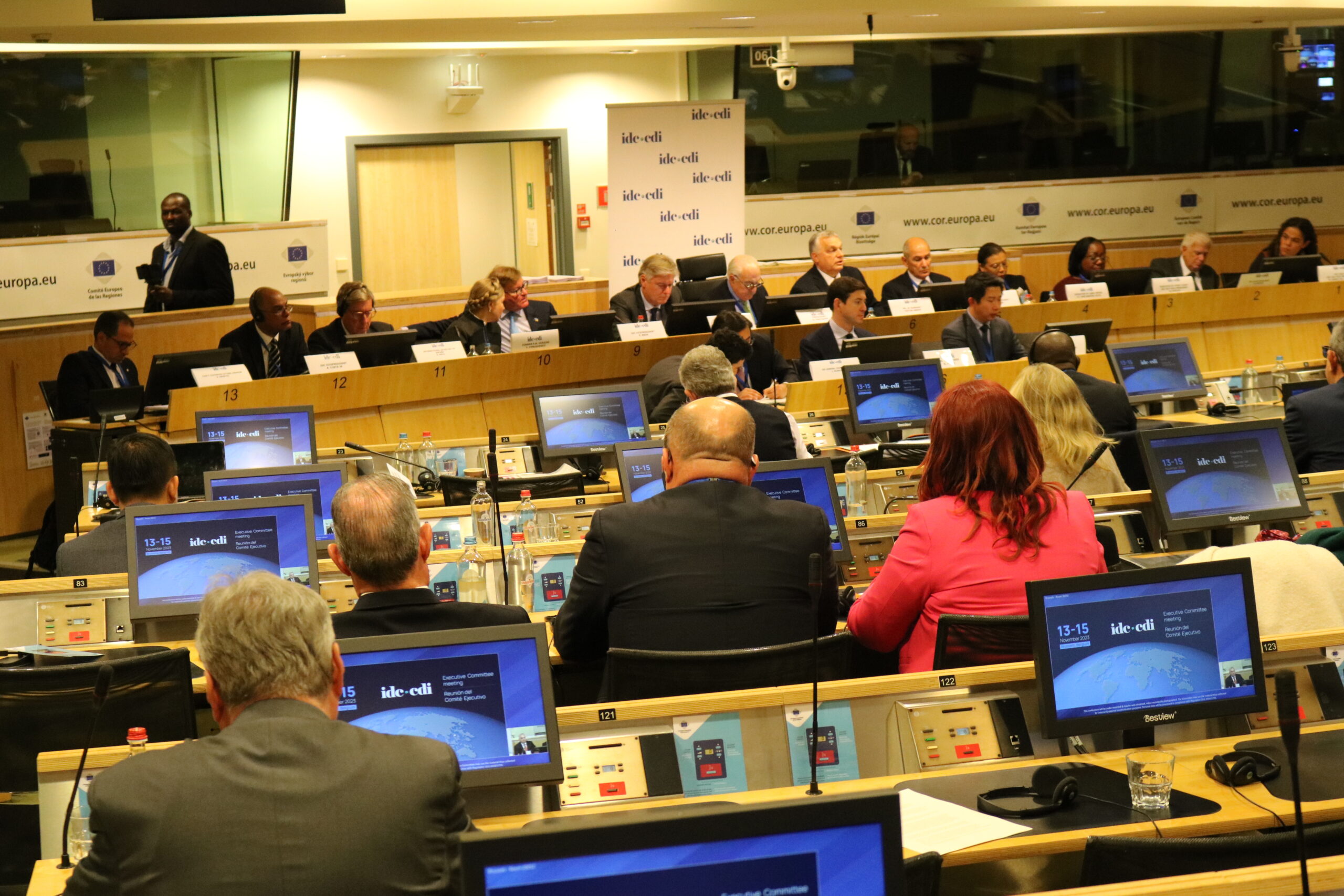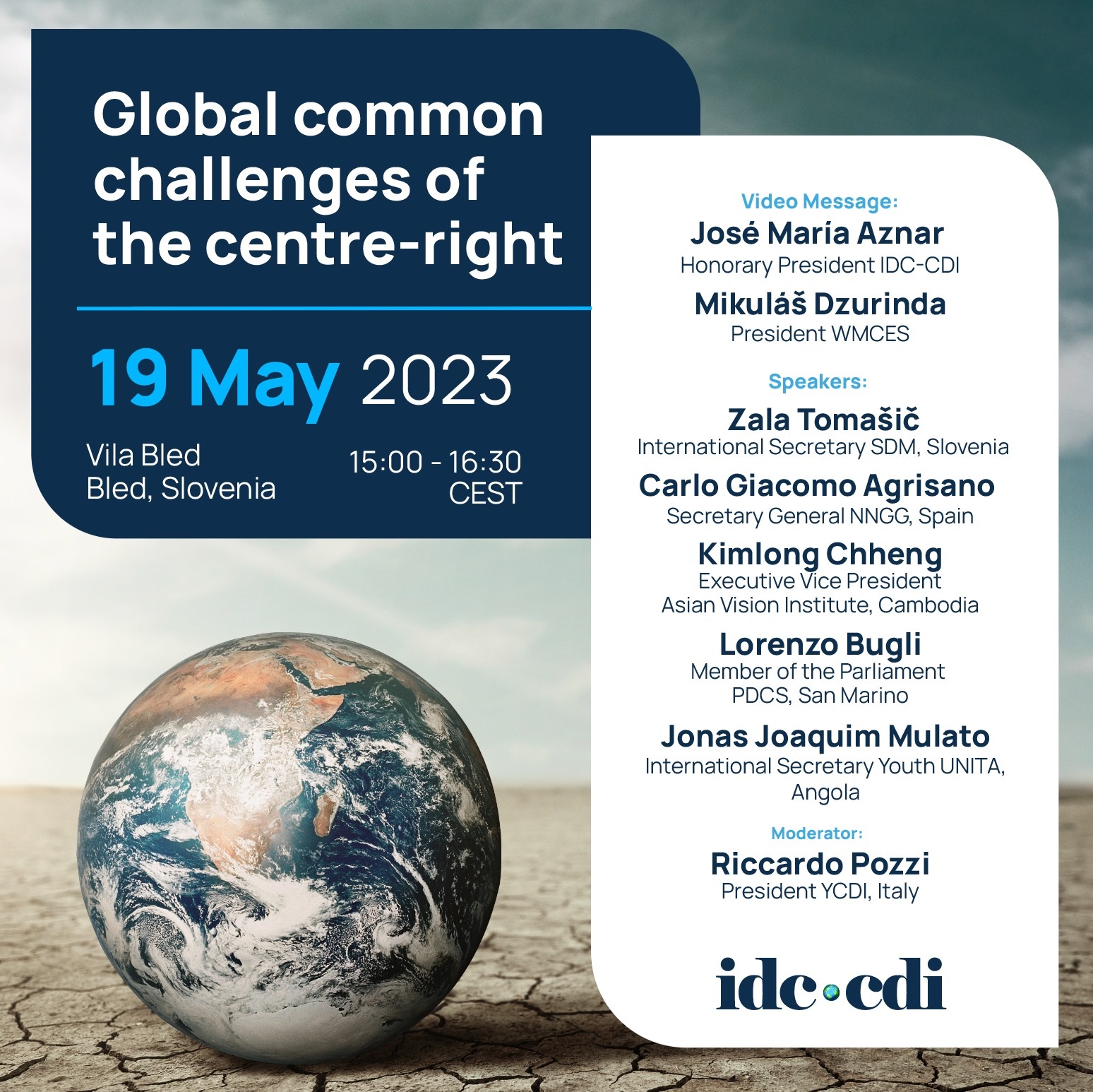Between 2011 and 2012 more than 50 presidential, parliamentary and local elections were held in Africa. Although this could be seen as an indication of the advent of democracy on the African continent, factors such as its meager socioeconomic development, weak institutional capacity, election-associated violence, electoral fraud and military influence on policy have all undermined the consolidation of democracy in most African countries.
Unfortunately, the public protests which sprang up in North Africa in 2012 – a derivation of the Arab Spring uprisings calling for more and deeper reforms – to date have not been emulated by other African societies.
Tunisia and Egypt, for example, witnessed intense crackdowns on protests, which hampered their democratic consolidation. Their respective societies have been racked by a growing polarization between an increasingly secular side and the defenders of democratically elected Islamists. As a result, clashes broke out between opposing political groups when the opposition denounced what it viewed as measures threatening the secular nature of the state and jeopardizing individual and religious freedoms.
Therefore, the main short-term challenge on most of the continent is to consolidate stable macroeconomic conditions in the midst of a more volatile worldwide economic scenario. Additionally, improvements to the institutions and regulations governing financial and private sector activity need to be made. If limitations were overcome in terms of infrastructure and increased access to fundamental public services such as education, healthcare and security, Africa’s countries could enjoy high, sustainable growth while at the same time reducing poverty and inequality.
In spite of everything, the risk of social chaos is descending in sub-Saharan Africa, mainly due to the favorable economic results observed in recent years. It is hoped that this improvement in the people’s welfare will inspire a desire for better governance and enhanced
democracy. As a value democracy is still very appealing at the international level today, due in large part to the process of globalization and the rise of the Internet.
Once again the need for a wider range of actions has become evident, both on the African continent and outside it, to bolster the political culture and strengthen the rule of law and public institutions, which could change the international community’s predominant yet paternalistic tendency to expect little from Africa.
The transition to full-fledged democracies does not only entail holding elections, but also requires the development of democratic institutions, democratic public attitudes, and widespread support for governments.
All this said, there are still other challenges, although they have little to do with totalitarianism and corruption. Rather, military attacks and organized crime represent the main threats to security, stability and democracy on the African continent. These issues, together with persistent border disputes, are sources of instability in remote areas where there is little government control. The 2013 report of the UN Office on Drugs and Crime (UNODC) regarding transnational organized crime highlights its debilitating effect on the capacity of states and its encouragement of corruption. The transnational nature and origins of these global criminal networks demand solutions at both the national and international levels.
Unfortunately, hotbeds of religious and ethnic conflict persist, and at certain times can destabilize countries, as is happening in the Sahel.
While in Africa a slow process of democratic transition is unfolding, in the rest of the world the general trend is towards a loss of confidence in democracy and in politics.
Political participation has declined in many consolidated democracies, and voters exhibit an attitude of disillusionment with respect to public institutions due to the effects of the great recession of 2008-2011, as well as the permanent sovereign debt in the Eurozone.
In some African countries there has been progress, but there is still a long way to go.
The passage in Senegal from a hybrid regime to an imperfect democracy reflects a peaceful transfer of power which took place in the country in 2012, when presidential elections in which the losing candidate accepted the result. The outgoing president, Abdoulaye Wade, sought a controversial third term not originally provided for by Constitution, but the public’s reaction prevented him from being reelected.
Mali saw the most pronounced decline in results after a coup d’état and the seizure of power by the Tuaregs, along with rebel Islamist jihadists from the northern half of the country. Though the political situation has improved after the military and political intervention of regional ECOWAS forces, in particular France, until security is restored the region’s economies will remain vulnerable.
After the secession of South Sudan an agreement was reached with Sudan on important issues. However, some regional issues remain sources of disputes, and a lasting peace will not be possible until they are resolved.
In other good news long-standing presidents in countries such as Uganda, Eritrea, Zimbabwe and the Republic of the Congo who are trying to come up with their own schemes to extend their periods in power are encountering ever greater resistance by opposition forces.
After a decade of significant growth following the democratic revolution in Africa in the 1990s, citizens and activists are keen on preserving their newfound economic and political freedoms.
Opposition forces are increasingly better organized in their efforts to overturn longstanding regimes and leaders all up and down the continent, while established powers are realizing that the opposition does not want to fight, but rather to reach agreements in a constructive way in order to furnish the government with mechanisms of control and balance.
Over the next 5 years nearly 20 countries will hold elections in which presidents who have long been in office will have to choose between clinging to power and organizing a credible transition to a new generation of leaders.
Even though it is clear that the most veteran presidents contemplating the political successions in the next five years are planning to extend their time in power, it is equally clear that they will have to face opposition that is more and more organized and better and better equipped, able to make the most of information technology and social networks.
In addition to popular resistance to the traditional formula of political dynasties seen in various African states, citizens are wary of these regimes due to the chaos and repression associated with them.
José Filomeno Monteiro
Member of Parliament for Cape Verde
Secretary of Foreign Affairs of the Party Movement for Democracy (MpD)








